Arts Impact: Our Theatre Royal Nottingham
November 3, 2017
The Digital Research Team has been supporting a collaborative research project run by Jo Robinson in the School of English and Laura Carletti from Horizon Digital Economy Research Institute to enable the Theatre Royal Nottingham to research, curate and share their history through a digital archive. The Heritage Lottery Fund awarded a grant to the …
Developing the Corrupt Kitchen VR
October 11, 2017
The Digital Research Team are working with Computer Science, Law and Politics on developing a VR game about corruption. Dr Paul Tennent describes some of the development below: Stage 1: Building the Kitchen Environment. The first challenge for creating Corrupt Kitchen VR has been the development of the virtual environment. It would have to be …
An Introduction to the General Data Protection Regulation for Research
October 6, 2017
The Digital Research Team are supporting the university’s preparations for the impending introduction of the General Data Protection Regulation. In this blog post, we introduce a summary of the main principles of the regulation, touch on some of the considerations for research and outline the ways in which the university is making preparations. 1. What …
The Corrupt Kitchen VR
September 25, 2017
The Digital Research Team are facilitating a unique digital collaboration between Computer Science, Law and Politics. Dr Paul Tennent outlines the project below: “In an effort to explore attitudes to workplace corruption in a playful manner, researchers at Nottingham University are creating a new virtual reality (VR) experience where players will run a commercial kitchen. …
“What is a qualitative researcher to do…” – Digitising a Newspaper Archive
August 24, 2017
Dr Christian Karner, Associate Professor, Faculty of Social Sciences talks about the role of his newspaper archive in his research and the positive impact of digitising it: “What is a qualitative researcher to do when faced with an already enormous and continuously growing corpus of data? Guided by their self-definition as social scientists in search of particularistic …
Investigating Automated Transcription and Translation
August 7, 2017
The Digital Research Team are working with researchers in the School of Education to explore the potential of automated transcription and translation services. Currently researchers either make use of third-party transcription services or simply transcribe the data themselves. In terms of services, the costs for transcription can be quite high (~£60/hour) which means researchers cannot afford …
Digitally Preserving the Hennessy Collection
August 4, 2017
The Centre for Research on Cuba is home to the Hennessy Collection, which is a unique archive of Cuban periodicals from the 1960s through to the 1990s. Originally donated to the Forum for the Study of Cuba by Professor Alistair Hennessy in 1994, the archive currently holds over 70 different journals and newspapers, including extensive runs of …
The Role of Paper Prototyping in Digital Engagement
August 3, 2017
In order to demonstrate the effectiveness of both virtual reality and digital public engagement, the Digital Research Team are working with researchers School’s of Politics, Law and Computer Science to develop an interactive experience. The goal is to explore aspects of corruption and whistle blowing in the workplace through a virtual reality game. The game …
Fake News, Digital Sociology and Computerphile
August 2, 2017
The Digital Research Team have been working with Dr Christian Karner from the School of Sociology and Social Policy to enhance his research through use of different digital technologies. This led to a research project in collaboration with Dr Martin Flintham from the School Computer Science looking at Fake News. Christian recently filmed an interview …
Fake News Research Study Outcomes and Reflection
August 1, 2017
The Digital Research Team have helped facilitate a collaboration between researchers in Computer Science and Sociology. This is a guest blog post written by Dr Helen Creswick. The research team created a fake Facebook profile, populating it with various news posts (fake and otherwise), and recruited participants to take part in an activity where they …

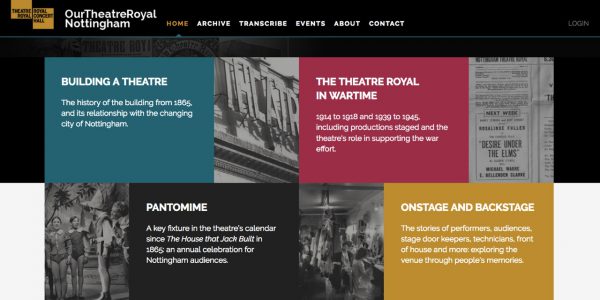
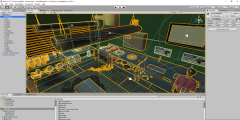
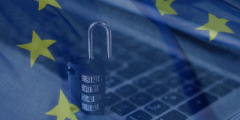


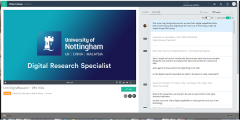
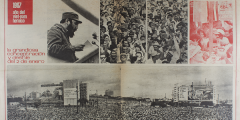
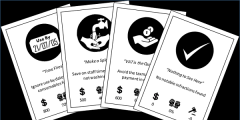
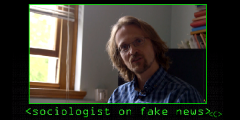

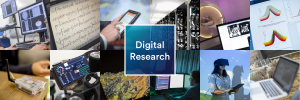
Recent Comments